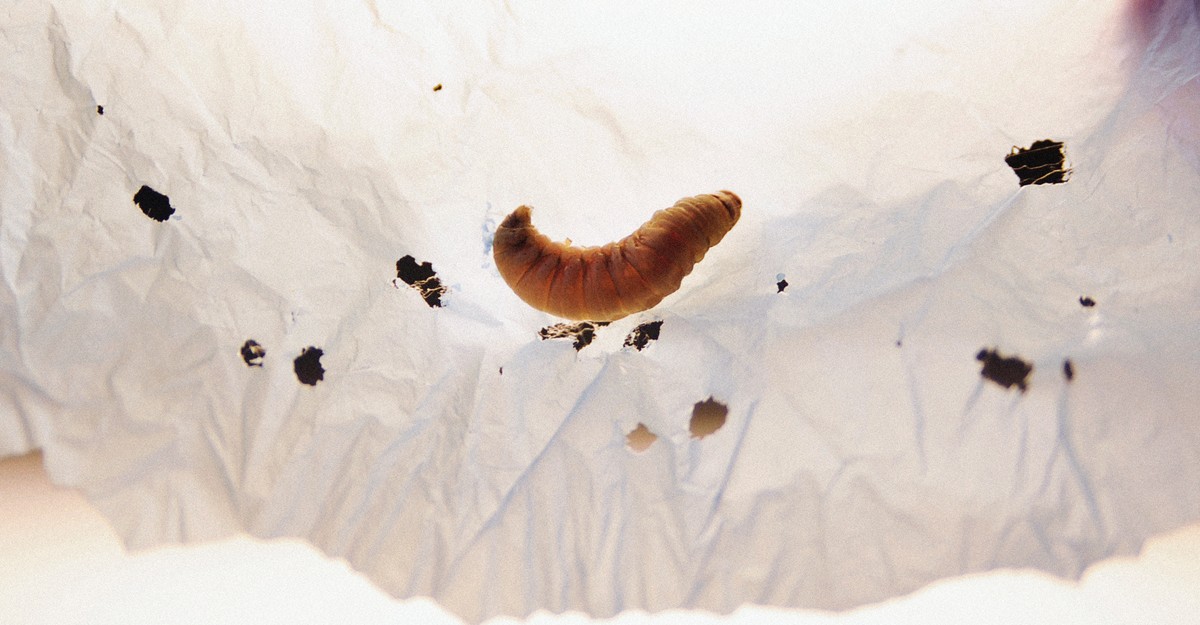Not sure whether it’s a problem or a feature, but one concern I have with using bacteria or other organelles to break down plastics is that the resistance to what I’ll just call “rot” for the sake of simplicity, is a big part of why plastics have become so ubiquitous. In some cases plastics are definitely primarily used because of greed and cost-cutting, but there are also areas where plastic has allowed us to keep certain foods fresh for longer, and there are places in medicine where plastic is the best material for the job. I’m not saying we shouldn’t put effort into figuring out a way to clean up the mess we’ve made, but I also don’t think it’s wise to be lazy about cleaning up the mess by engineering and broadly releasing organisms that can rapidly break down plastics, because the long life of plastic is actually a feature we kinda rely on - at least until we want to dispose of the plastic.
Not that I’m not excited about the potential of breaking down plastics more rapidly, but I think there’s monkey’s paw potential there to consider.
Perhaps if it still took, say, a decade or two to degrade, even with the bacteria, then it wouldnt be as much if a problem.
This might be a stupid question but hear me out: If the carbon in plastics became bioavailable, wouldn’t that mean potentionally more CO2 in the atmosphere? Wouldn’t it be preferable for plastics to stay tough to break down? Instead of burning them of throwing them into the ocean, we could deposit them underground - bury them. That way, the carbon we took from the ground as oil would return back to the ground without worsening our climate problem even more.
You’re absolutely correct, it would.
There’s also a danger that if a microbe that can destroy plastic evolved or was engineered, it might destroy plastic parts we don’t want destroyed in the actual environment.
When trees originally evolved, there was nothing on the planet that could consume them. The result was massive forests that never rotted. In the geological record, this is called the carboniferous period because many of those dead forests were driven underground and became coal beds. The carboniferous period ended when microorganisms evolved a method to rot and consume cellulose. For this reason, many people who think that the coal beds will reestablish themselves are just wrong. The amount of coal that we have on the planet Earth is basically the amount that we’re going to have.
Now the other side of the coin is that plastics don’t actually represent a huge amount of carbon, and they do represent a lot of potentially toxic substances floating around in the environment that could have a longer term impact. If we can biodegrade those toxins, then the environment would be that much healthier in general.
Paywall?
Teach a man to fish: https://gitlab.com/magnolia1234/bypass-paywalls-firefox-clean/
Reprint of this: https://knowablemagazine.org/article/food-environment/2023/how-to-recycle-plastic-with-enzymes
Thank you




